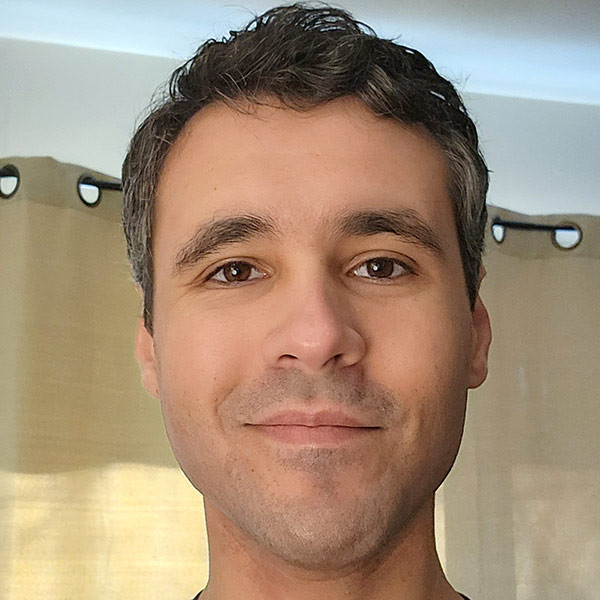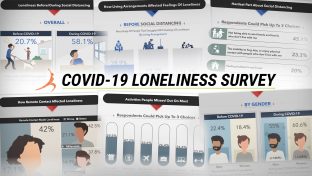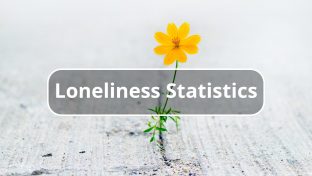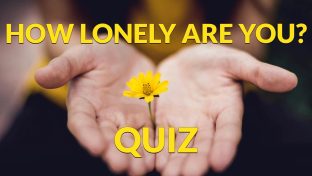Pueblo: A New App Will Make It Easier To Fight Loneliness
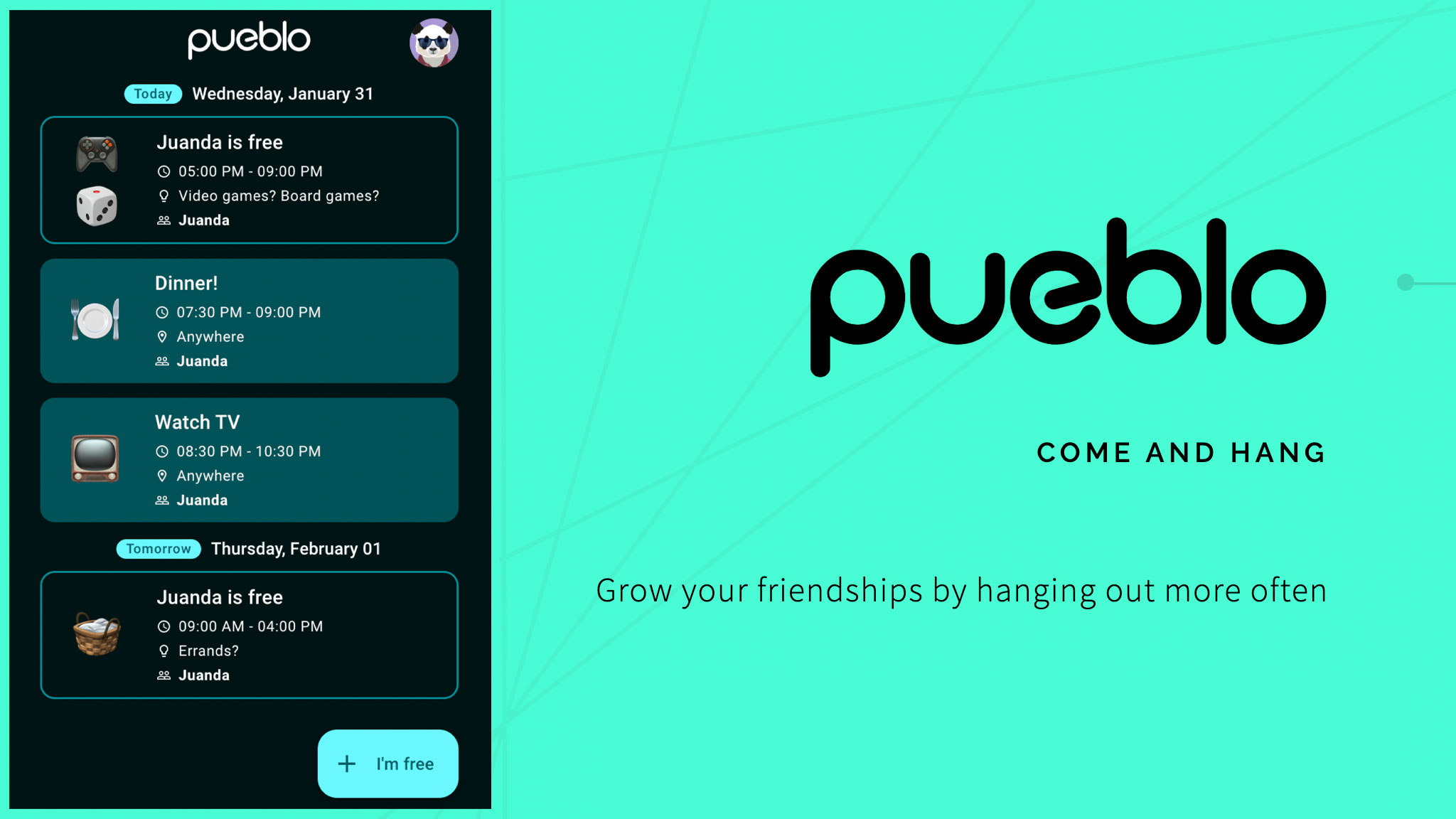
There are dozens of popular event-creating apps and ways to connect online, but people still face a major loneliness crisis.
While some of these apps may help, they still require the user to do all of the leg work and some of these apps even charge for what really could have been a series of organized texts.
A new app, Pueblo, is looking to fix those glaring issues.
- The Pueblo app was co-created by Jacen Sherman and Juan David Garrido Rojas to streamline the process of making plans with friends.
- Focused on building a community, Pueblo is designed to make it easy to connect with others online for spontaneous hangouts — and no elaborate planning is ever needed.
- The Pueblo app is intended to be entirely free for users and although in beta testing as of this writing, is slated to be available by the end of 2024.
Struggling with loneliness or having a mental health crisis?
- Suicide Prevention Lifeline: 1-800-273-TALK (8255); Deaf or hard of hearing dial 711 before the number or connect via online chat
I spoke with Pueblo co-creator, Juan David Garrido Rojas, who goes by Juanda, to learn more about what inspired the Pueblo app and how it’s going to work.
The Inspiration Behind The Pueblo App
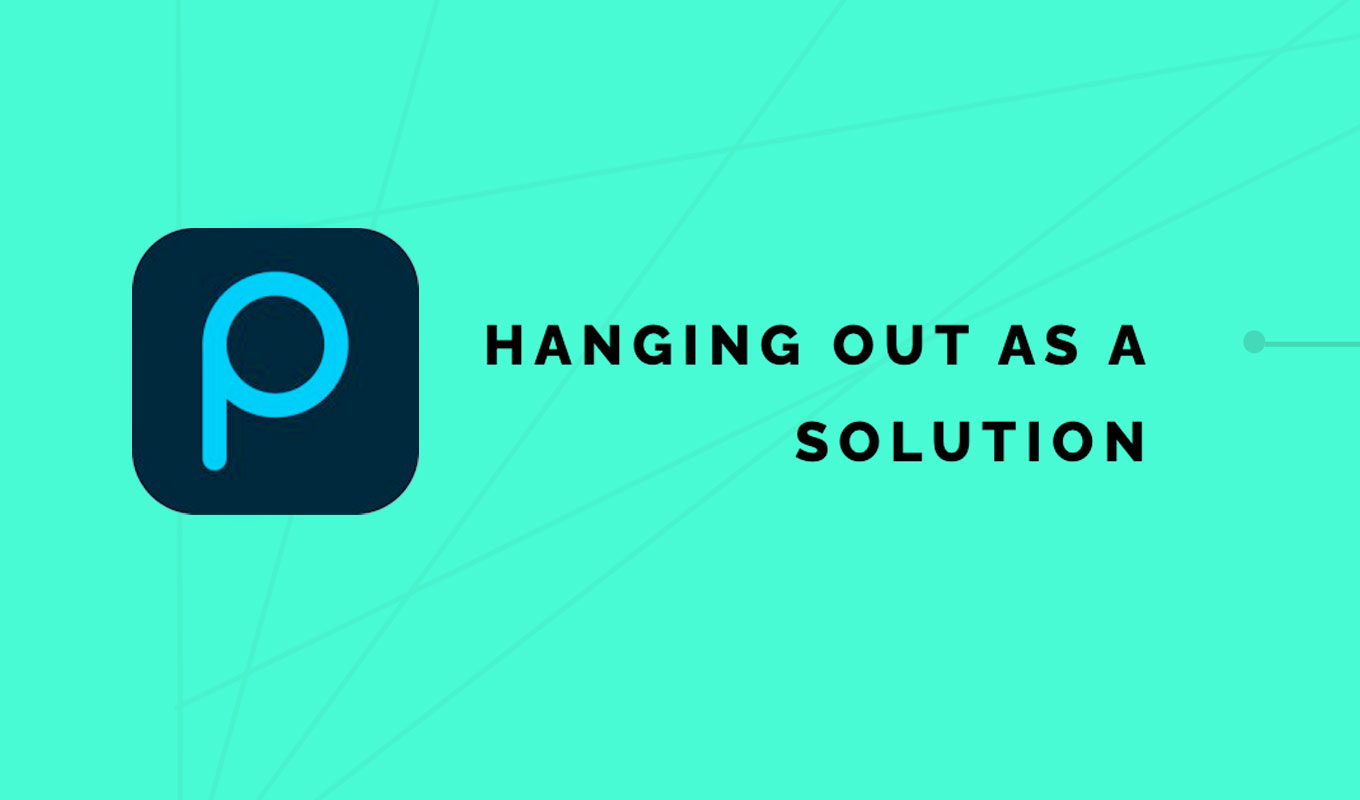
Co-created by Jacen Sherman and Juan David Garrido Rojas, Pueblo streamlines making plans with friends and focuses on building a community — fighting loneliness every step of the way.
Juanda, born and raised in Colombia before moving to the States for school, felt a lack of community after moving from college to work for Google.
“It was a lot easier in college,” Juanda explained. “Social life just kind of happens to you [in college].”
Juanda said that after college, there wasn’t an easy and spontaneous way to make plans with his friends.
This is a feeling shared by many people, especially as we age, start careers, and/or have children.
Juanda saw an opportunity to make the ability to hang out with friends as simple as possible, helping strengthen your community.
In fact, the name Pueblo means “neighborhood” or “community.”
A Closer Look At How The Pueblo App Works

The Pueblo app is crazy easy to use.
Basically, you and your crew sign up using only your cell number, and you can post blocks of time you’ll be free or doing a specific activity, letting your buddies know you’re down to hang.
“It feels odd that I can’t just go knock on my neighbor’s door and say ‘Hey, let’s hang out,” Juanda said. “I think we have built more for isolation instead of community as a society and as a system in the US.”
Juanda continued, “It’s all about work and being productive, and somehow we have in our head that happiness is living in a suburb, away from people.”
As someone who has lived in major cities their whole adult life, finding and organizing time to see loved ones is an uphill battle.
Especially when it feels like there is just no time.
“I feel like we put so much pressure [on] a Saturday,” Juanda said.
“It becomes, like, ‘let’s cram all of our social time into the weekend’. And during the week, we have time, but we’re tired. We don’t want to do the same types of things [we’d do on a weekend], but that doesn’t mean we don’t want to hang out.”
That perspective lends itself to an interesting aspect of Pueblo, which is found in the app’s list of pre-loaded activities — things like doing laundry, playing video games, or just watching TV.
Instead of focusing on the excitement of possible activities, Pueblo focuses more on the quality of the time spent together.
“These are all things we do alone,” Juanda said. “Why not do them together?”
“If I’m tired after work, I’m fine watching a show with my neighbor and doing nothing, or sharing a quick meal. It doesn’t need to be anything transcendental,” Juanda explained.
The idea of a “transcendental” hang is a relatable stressor.
We put so much pressure on every event because they feel so few and far between.
We drive ourselves crazy trying to plan and coordinate with everyone, and that can put a damper on the fun.
Like, this better be the best hang ever or it’s a failure.
Pueblo’s way of doing things helps remove the stress of planning in a refreshingly simple way.
By just posting to your group a time when you’re free or going to do something you were planning on doing anyway, all the pressure of planning floats away.
“The stress of needing to plan something is a big barrier,” Juanda said. “Sometimes you want to plan something, but that takes energy, and energy is what we are lacking when we need to put it in so many different things.”
Another barrier to being social is cost.
Going out these days is pricey, and social apps are developing a similar problem with things like subscription fees or needing to drop some cash for more features.
Pueblo looks to fix that by keeping the app free for users, but looking to monetize by partnering with businesses.
A business in your area would pay to offer classes or activities on the app, so if you have free time blocked out, those businesses can suggest adventures for you and your friends.
Closing Thoughts
Personally, it is great to see a tech company’s solution to monetizing their product going hand in hand with the mission statement: build a local community for everyone.
“When I think of Pueblo, I don’t think of just an app,” Juanda explained. “I think of it as a framework or lifestyle, a lifestyle of making community your default and hanging out more.”
The Pueblo app is working to help you grow deeper connections with your own community and does it by taking all of the stress and worry from planning a hang.
The app is live at https://pueblo.app and will eventually make its way into app stores by the end of summer. Users can sign up for the waitlist or email [email protected] if they’re interested in joining the closed beta.
Editor’s Note: This article is part of The Roots Of Loneliness Project, the first-of-its-kind resource that comprehensively explores the phenomenon of loneliness and over 100 types we might experience during our lives.
Find Help Now
If you’re struggling with loneliness, we’ve put together resources to meet you wherever you are — whether you want someone to talk to right now, or are looking for longer-term ways to help.
- Suicide Prevention Lifeline: 1-800-273-TALK (8255); Deaf or hard of hearing dial 711 before the number or connect via online chat
- Resources & Emotional Support For Loneliness
- Volunteer & Pet Adoption Opportunities

